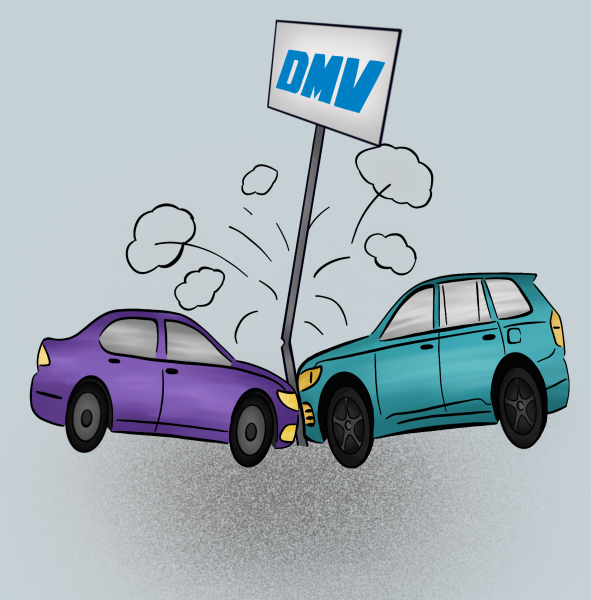Legalization Boosts Economy, Lowers Crime
October 25, 2016
Californians will cast their vote for a variety of propositions this November, including Prop 64, which proposes the legalization of marijuana.
According to the official Prop 64 website, if passed, is will allow adults age 21+ to purchase and consume marijuana. It would also allow state-licensed businesses to sell marijuana. Smoking in public or driving under the influence would remain illegal however.
This legislation is long overdue. Prop 64 will boost the economy, lower crime and gang activity, and decrease prison corruption.
Prop 64 includes a 15% tax on the sale of marijuana. According to www.legalizeca2016.ca, the Legislative Analyst’s Office predicts the annual tax revenue from the sale of marijuana will eventually reach over 1 billion dollars. The office also predicts that state and local governments will save over 100 million dollars a year from lower incarceration rates.
According to drugwarfacts.org, the U.S. is spending over 8.7 billion dollars every year policing against marijuana. Legalizing marijuana will end this useless spending and direct the tax money towards something more productive.
Most gangs in the U.S., according to a report by the U.S. Department of Justice and the National Drug Intelligence Center, are funded by their sale of illegal drugs, especially marijuana.
Gang activity is a major problem because, according to a report from the National Gang Center, 34% of crimes concerning firearms, aggravated assaults, and burglaries are gang related, and in cities with populations of 100,000 or more, gangs are responsible for 67% of homicides.
According to an article written by Yale law professor Steven B. Duke for the Los Angeles Times, if marijuana was to be legalized, gangs would lose most of their funding. Colorado’s recent legalization of marijuana proves this point. A report done by the city of Denver showed that homicide rates went down by 24.4% and property theft went down by 14.6% after the legalization of marijuana.
While the U.S. makes up only 5% of the world’s population, it houses over 20% of the world’s incarcerated people, according to the American Civil Liberties Union. The drug war and private prison corruption are responsible for this. Ever since the drug war was initiated in 1971, the U.S. incarceration rate has gone up by over 450%.
Furthermore, according to drugpolicy.org, John Ehrlichman, who served as chief of domestic policy during Richard Nixon’s presidency, admitted that the “war on drugs” was only put into place to target anti-war protestors and black people. Fear of marijuana is perpetuated for the purpose of targeting racial minorities, and these groups remain those most affected by its illegal status.
According to www.represent.us, a website which advocates against prison corruption, private prisons benefit unfairly from the war on drugs. This is because the private prisons are paid by the government for every prisoner that they hold. In order to increase the incarcerated populations, “the two largest private prison companies alone have spent $35 million on lobbying and campaign contributions to state and local officials since 1989,” said the website. The private prison companies have bribed officials to pass “new, harsher laws that lock up more people, for lesser crimes, with longer minimum sentences.”
This corruption is not only an infringement of civil rights but a waste of tax money. According to www.represent.us, private prisons receive over 3 billion dollars in tax funds annually. This is a lucrative business for the private prisons. They bribe officials, force them to make harsher drug laws, and reap the benefits of having an overflow of prisoners.
If Prop 64 passes, tax revenues will be directed to critical needs like education and infrastructure.



